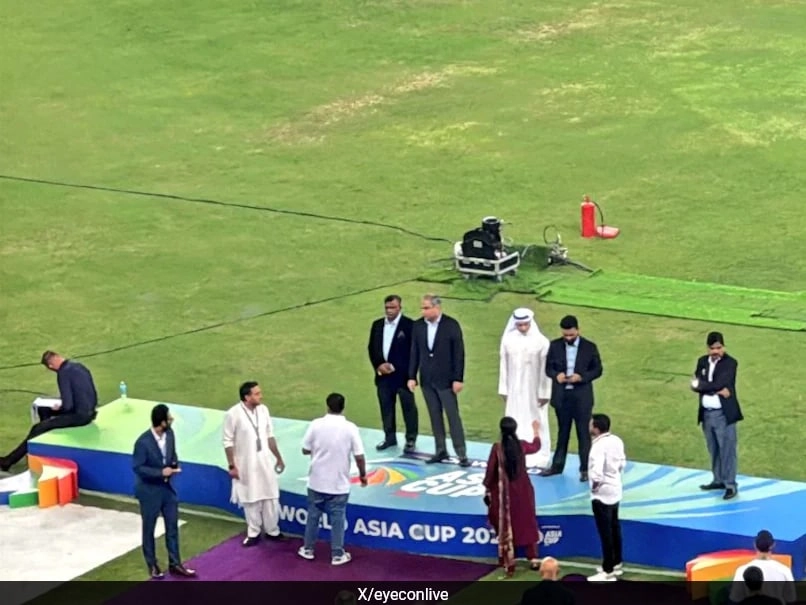The Asia Cup 2025 has become a focal point of controversy, particularly following the recent setback experienced by the Pakistan cricket team in their dealings with the International Cricket Council (ICC). The “no handshake” row has stirred significant debate, highlighting the complexities and tensions that can arise in international cricket. Pakistan’s cricketing authority had hoped for a more amicable resolution to their concerns regarding the tournament, but the ICC’s stance has left them with limited options moving forward.
As the situation stands, Pakistan is now faced with two primary choices. The first involves a diplomatic approach, where they could seek to engage with other participating nations and the ICC to foster a more collaborative environment. This might include open discussions aimed at addressing the underlying issues that have surfaced from the no handshake incident, potentially paving the way for a more cohesive tournament atmosphere. By taking this route, Pakistan could work towards rebuilding relationships and ensuring that the Asia Cup 2025 proceeds smoothly, despite the current tensions.
The second option for Pakistan is to adopt a more assertive stance, potentially threatening to withdraw from the tournament if their concerns are not adequately addressed. This drastic move could serve as a powerful statement regarding their dissatisfaction with the ICC’s handling of the situation. However, such a decision comes with its own set of risks, including the potential for further isolation within the international cricket community. Ultimately, the direction Pakistan chooses to take will not only impact their participation in the Asia Cup but could also shape their future interactions with the ICC and other cricketing nations. The coming weeks will be crucial as Pakistan navigates this complicated landscape, weighing the implications of each option carefully.




